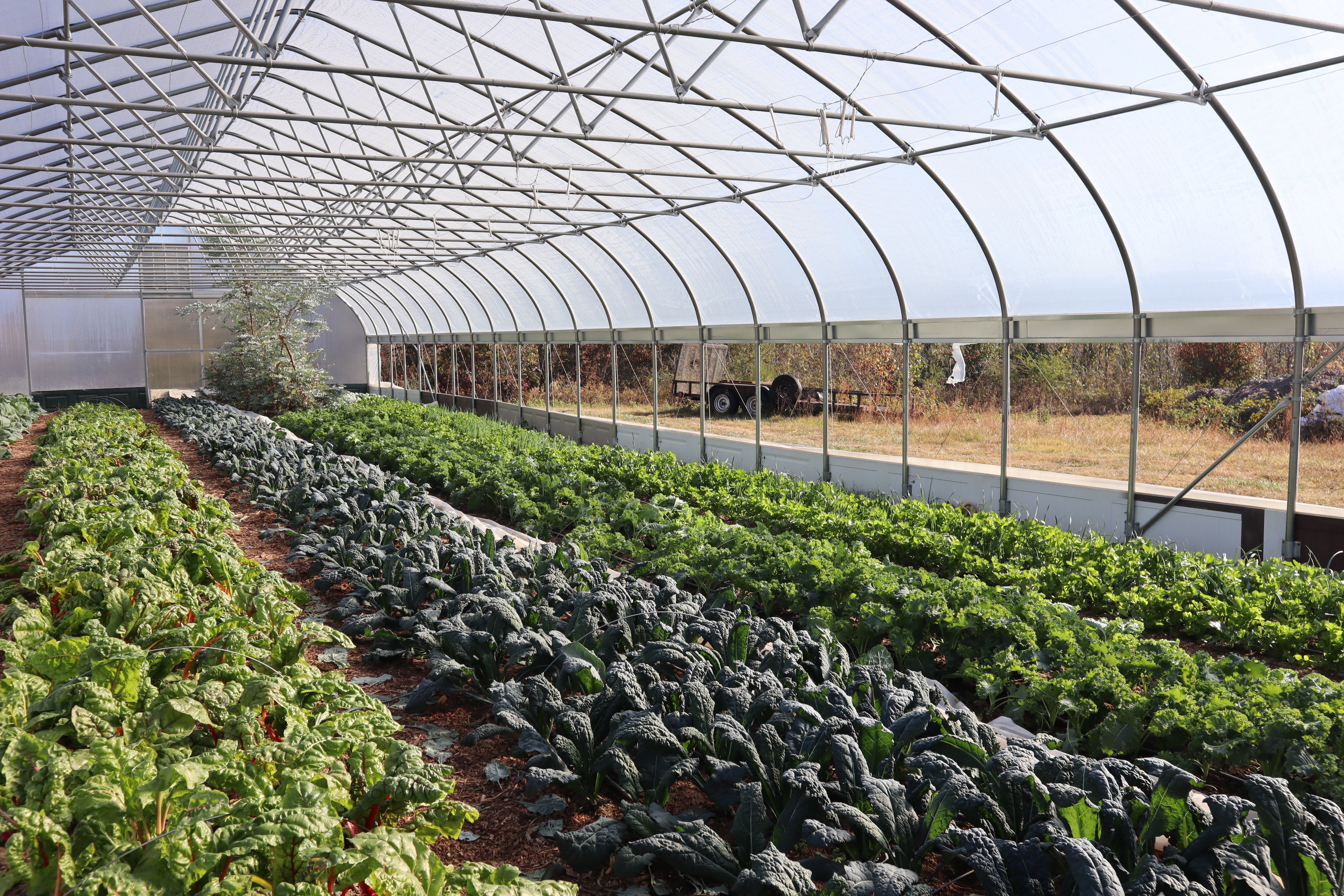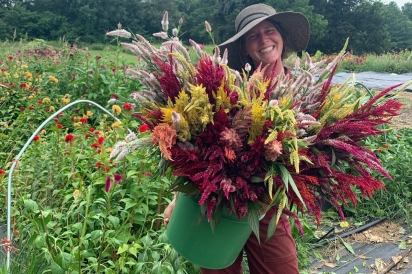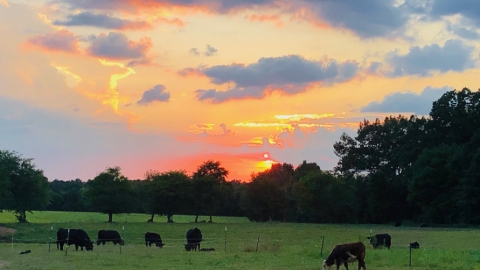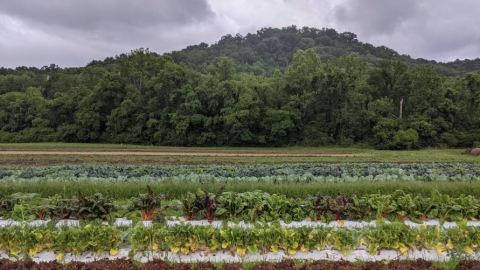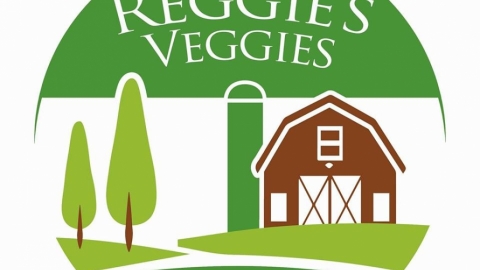Cleaner Water for the Harpeth River with Harpeth Moon Farm
Harpeth Moon Farm is an exemplary farm that is making a difference through sustainable agriculture. Stewarded by family members Hayley, Max, and Bruce, the land at Harpeth Moon is farmed in a way that reduces the impacts of farming on the river. Hayley’s love for the outdoors started when she was young and growing up in the Arkansas delta. She went on to study sustainable agriculture at Warren Wilson College and interned with several farms in North Carolina that shaped her into the farmer she is today. Hayley brought her vast knowledge to the farm, along with her now husband Max and father Bruce, for the journey of Harpeth Moon Farm.
Thriving rows of produce and blooming flowers can be found at Harpeth Moon Farm. Hayley, Max, and Bruce take their role as stewards of the land seriously, producing certified organic produce and flowers as a certified River Friendly Farm. Through their practices, they can protect the land and waters surrounding their farm.
Harpeth Moon Farm takes a “Whole Ecosystem Approach” with its conservation practices to protect the soils, the water, the plants, the pollinators, and the wildlife. Lands that are in traditional agricultural production can suffer from erosion, nutrient runoff such as pesticides, fertilizers, and livestock runoff, but there are ways to help mitigate these effects.
High tunnels extend the growing season at Harpeth Moon so they can provide produce to communities for longer periods of the year. In turn, this requires less energy and resources to transport fresh foods to people. With the use of High Tunnels, Harpeth Moon is able to provide to the community nearly year-round at local farmers markets.
Riparian buffers can be found along the waterways near Harpeth Moon, stabilizing the land and filtering pollutants that may have run off during rain events. Added bonus: this area can also provide great wildlife and pollinator habitat! That’s a win-win!
Conventional tillage creates compacted soils that are barren of adequate nutrients. At Harpeth Moon, they use a broadfork to gently aerate the soil to help the crops establish a deeper root. The broadfork is a great alternative to conventional tillage as it leaves the soil structure in place by not mixing the layers of soil.
Harpeth Moon has the soil covered – literally! There is always something on the soil whether it is cropped land in production, cover crops, or temporary tarps. By keeping the soil covered, erosion of the soil is minimized, protecting both the soil and waterways.
Conservation practices like those employed at Harpeth Moon can be implemented throughout the Harpeth River Watershed and beyond. With a little help from landowners, residents, community organizations, and leaders like the Natural Resource Conservation Service, we can ensure our waterways continue to thrive!
You can find Harpeth Moon Farms at Kingston Springs Farmers Market, Richland Park Farmers Market, and at harpethmoonfarm.com.
About River Friendly Farms
In 2020, the Cumberland River Compact launched a new initiative called the River Friendly Farm Certification. The program aims to foster a community of farmers who utilize methods that improve the health of the soil and our waterways.
How do you become River Friendly Certified?
To find more information about the River Friendly Farm program and certification process, visit cumberlandrivercompact.org.
About Harpeth Moon Farms
To learn more, visit harpethmoonfarm.com.


